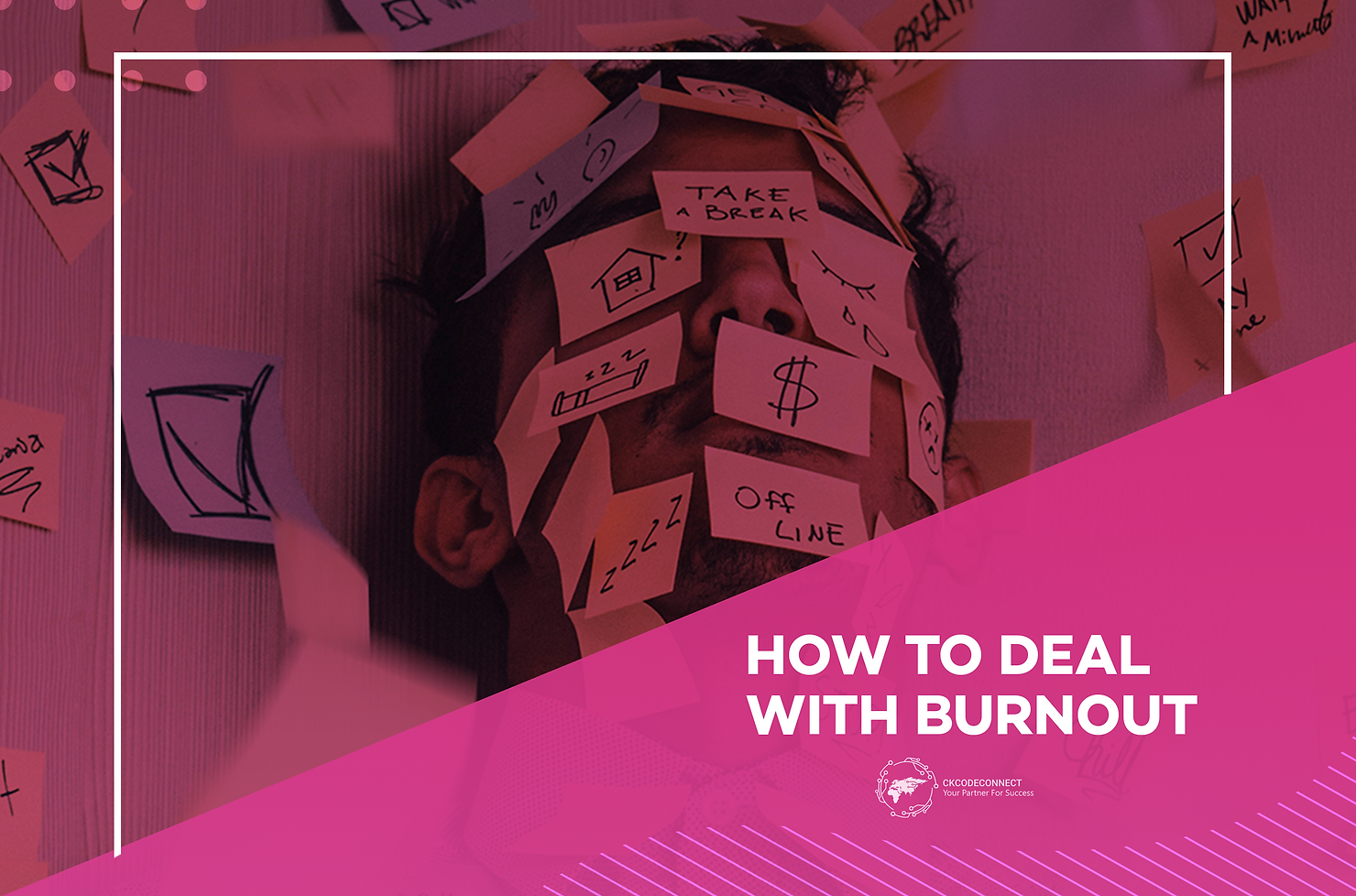Burnout can have a significant impact on a person’s well-being, affecting their ability to concentrate, engage in productive activities, and maintain healthy relationships. It is essential to address burnout promptly by taking steps such as taking a break, seeking support from family and friends, and making lifestyle changes to improve overall well-being.
If you are experiencing burnout at work, there are several steps you can take to manage the symptoms and reduce the impact on your life. Here are some tips that may help:
Identify the cause:
Try to pinpoint the specific factors that are contributing to your burnout. Is it an overwhelming workload, difficult coworkers, lack of support or recognition, or a combination of these factors? Once you have identified the cause, you can start taking action to address it.
Take a break:
If possible, take some time off work to recharge and relax. This could be a few days or even a week or two if necessary. Use this time to do things that help you feel more balanced and refreshed, such as spending time in nature, pursuing a hobby, or spending time with loved ones.
Set boundaries:
Establish clear boundaries around your work to prevent burnout from happening again. This may involve saying no to extra work, delegating tasks, or setting limits on your availability outside of work hours.
Seek support:
Talk to your manager, colleagues, or a mental health professional about your burnout. They may be able to offer guidance, support, or resources to help you manage your stress and regain your balance.
Practice self-care:
Make self-care a priority in your life by engaging in activities that promote relaxation, such as meditation, yoga, or deep breathing exercises. Also, be sure to get enough sleep, eat a healthy diet, and exercise regularly to support your physical and mental well-being.
Remember, managing burnout is an ongoing process that requires consistent effort and self-awareness. By taking proactive steps to address your burnout, you can improve your well-being and work-life balance over time.


